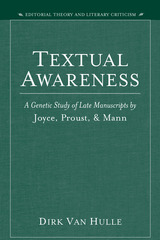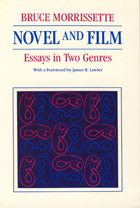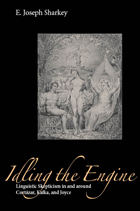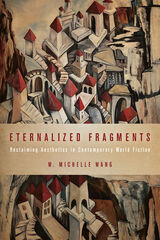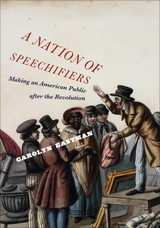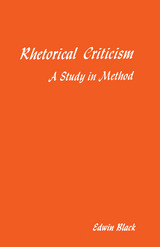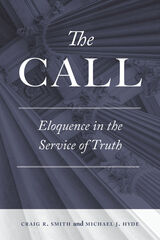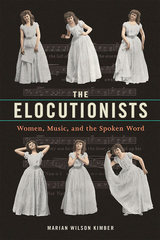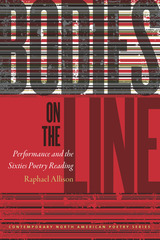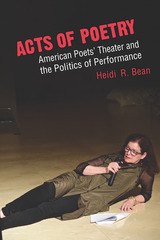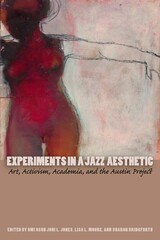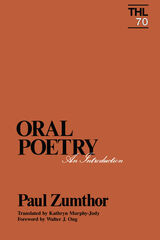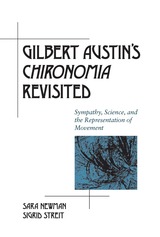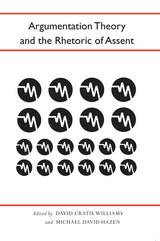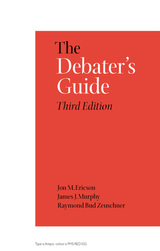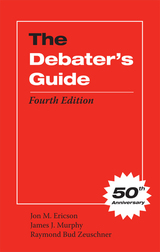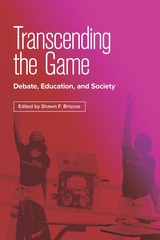Bodies on the Line: Performance and the Sixties Poetry Reading
University of Iowa Press, 2014
eISBN: 978-1-60938-304-6 | Paper: 978-1-60938-303-9
Library of Congress Classification PN4151.A45 2014
Dewey Decimal Classification 808.545097309046
eISBN: 978-1-60938-304-6 | Paper: 978-1-60938-303-9
Library of Congress Classification PN4151.A45 2014
Dewey Decimal Classification 808.545097309046
ABOUT THIS BOOK | AUTHOR BIOGRAPHY | REVIEWS | TOC | REQUEST ACCESSIBLE FILE
ABOUT THIS BOOK
Bodies on the Line offers the first sustained study of the poetry reading in its most formative period: the 1960s. Raphael Allison closely examines a vast archive of audio recordings of several key postwar American poets to explore the social and literary context of the sixties poetry reading, which is characterized by contrasting differing styles of performance: the humanist style and the skeptical strain. The humanist style, made mainstream by the Beats and their imitators, is characterized by faith in the power of presence, emotional communion, and affect. The skeptical strain emphasizes openness of interpretation and multivalent meaning, a lack of stability or consistency, and ironic detachment.
By comparing these two dominant styles of reading, Allison argues that attention to sixties poetry readings reveals poets struggling between the kind of immediacy and presence that readings suggested and a private retreat from such performance-based publicity, one centered on the text itself. Recordings of Robert Frost, Charles Olson, Gwendolyn Brooks, Larry Eigner, and William Carlos Williams—all of whom emphasized voice, breath, and spoken language and who were inveterate professional readers in the sixties—expose this struggle in often surprising ways. In deconstructing assertions about the role and importance of the poetry reading during this period, Allison reveals just how dramatic, political, and contentious poetry readings could be. By discussing how to "hear" as well as "read" poetry, Bodies on the Line offers startling new vantage points from which to understand American poetry since the 1960s as both performance and text.
By comparing these two dominant styles of reading, Allison argues that attention to sixties poetry readings reveals poets struggling between the kind of immediacy and presence that readings suggested and a private retreat from such performance-based publicity, one centered on the text itself. Recordings of Robert Frost, Charles Olson, Gwendolyn Brooks, Larry Eigner, and William Carlos Williams—all of whom emphasized voice, breath, and spoken language and who were inveterate professional readers in the sixties—expose this struggle in often surprising ways. In deconstructing assertions about the role and importance of the poetry reading during this period, Allison reveals just how dramatic, political, and contentious poetry readings could be. By discussing how to "hear" as well as "read" poetry, Bodies on the Line offers startling new vantage points from which to understand American poetry since the 1960s as both performance and text.
See other books on: American poetry | Bodies | Line | Oral interpretation of poetry | Performance
See other titles from University of Iowa Press

